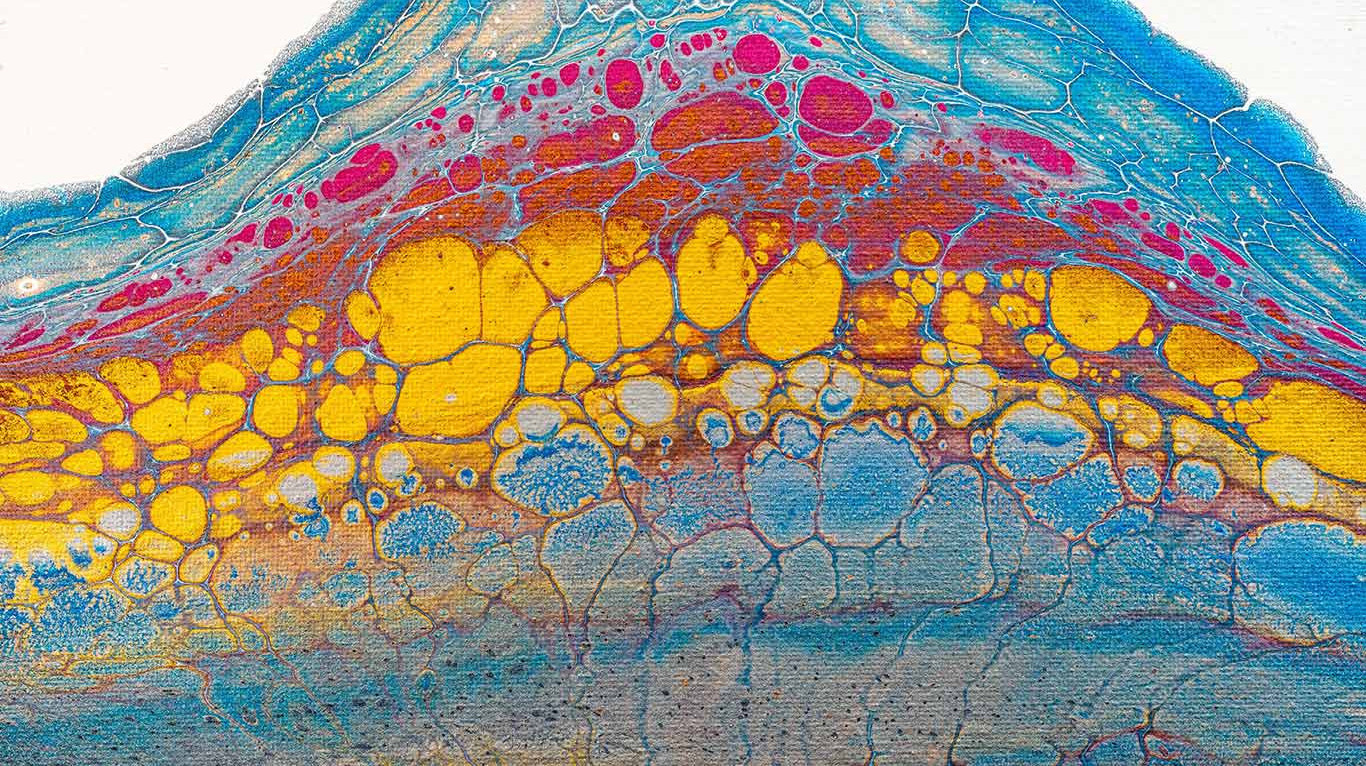Artificial Intelligence
August 2023
England's NHS Adopts AI for Radiotherapy

In England, the use of artificial intelligence (AI) in radiotherapy has received its inaugural recommendation, making it likely to become a part of patient treatment. This recommendation came after the National Institute for Health and Care Excellence (Nice) approved nine AI tools for external beam radiotherapy applications in lung, prostate, and colorectal cancers.
The approval is anticipated to save radiographers countless hours and alleviate the overwhelming demands on radiotherapy departments. According to NHS England data, there were 134,419 radiotherapy episodes between April 2021 and March 2022, with many requiring complex planning.
Traditionally, therapeutic radiographers have manually outlined healthy organs on digital CT or MRI scans to ensure the radiotherapy does not harm healthy cells by limiting the dose to normal tissue. Nice has found that AI's utilisation in contouring could save radiographers anywhere from three to 80 minutes per treatment plan. The AI-generated contours were shown to be as precise as those created manually.
While endorsing the use of AI for marking contours, Nice emphasised that trained healthcare professionals would still review the contours.
Dr Sarah Byron, Nice's health technologies programme director, believes that AI could contribute to reducing waiting lists, saying, "NHS colleagues are under severe pressure with thousands of people waiting for scans." She also noted that AI technologies could provide both financial and time savings in treatment planning.
Health Secretary Steve Barclay expressed optimism about the announcement, praising the innovation as something that could enhance efficiency and free up valuable clinician time for patient care. The focus on AI aligns with the NHS's long-term plan, and an expert group is being set up to explore the necessary skills and training.
Besides examining AI applications in stroke and chest scans, Nice is also responding to a study that showed AI's effectiveness in breast cancer screening. Increasing evidence indicates that AI may be more adept at cancer detection, potentially accelerating diagnosis and analysis of CT scans.
The approved platforms include AI-Rad Companion Organs RT, ART-Plan, DLCExpert, INTContour, Limbus Contour, MIM Contour ProtegeAI, MRCAT Prostate plus Auto-contouring, MVision Segmentation Service, and RayStation.
Enjoying what you're reading?
See our workAlthough the Society of Radiographers' executive director, Charlotte Beardmore, welcomed the draft guidance, she cautioned that AI should not be seen as a substitute for staff and that its safe application must be supported by evidence. She also emphasised that investment in the radiography workforce remained vital.
In related news, the government announced a £13 million investment in AI healthcare research ahead of the first significant international AI safety summit this autumn. Technology Secretary Michelle Donelan disclosed that 22 university and NHS trust projects would be funded, including the development of a semi-autonomous surgical robotics platform for tumour removal and using AI to forecast an individual's future health issues based on existing conditions.
Enjoyed This Tech Insight?
Don't miss out on the latest trends and developments by subscribing to our Tech Roundup Newsletter where every two weeks, we share the biggest tech headlines from around the world.
Make sure to subscribe here!
